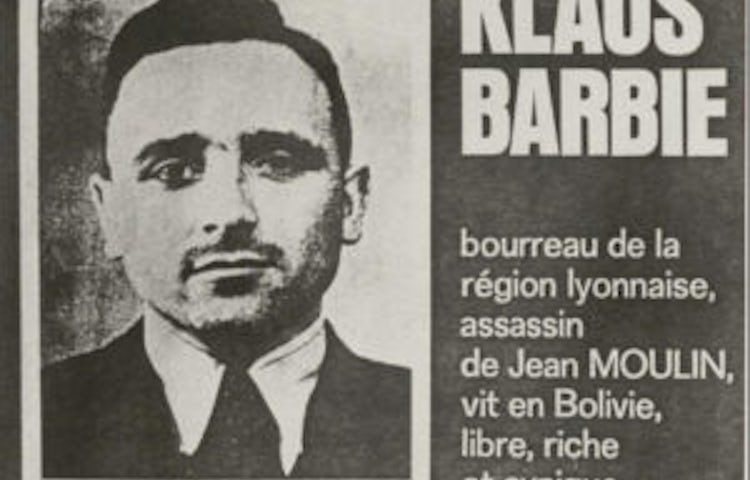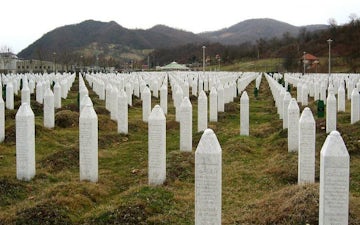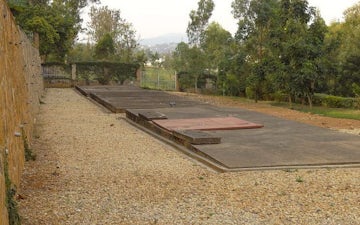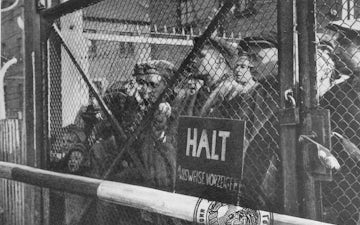
In September of 1945, the first post-World War II trial of the SS commandant and personnel of the Bergen-Belsen concentration camp, a number of whom had also been at Auschwitz-Birkenau, commenced in the German city of Lüneburg. It was a military tribunal, and most of the witnesses for the prosecution were survivors of one or both camps.
In November 1945, high ranking surviving officials of the Third Reich were placed on trial before the IMT in Nuremberg, Germany.
On December 13, 1945, the commandant, Josef Kramer, and ten other defendants were executed. The other defendants received prison sentences or were acquitted.
Similar trials of the officials of other Nazi concentration camps were held by American military tribunals at Dachau between 1945 and 1947. Officers of the SS Einsatzgruppen, the mobile killing squads, responsible for the killing of Jews, Communists and others in Nazi-occupied eastern Europe were tried at Nuremberg before an American tribunal in 1947-1948. Other trials were held for representatives of German industry who had profited from Nazi crimes.
Countless perpetrator trials were held across occupied Europe, near where crimes had been committed. In 1947, Rudolf Hoess, the commandant of Auschwitz, was hanged on the site of the camp after a trial in Krakow.
Trials of the perpetrators of the Holocaust continued for many years after the war. They included the Eichmann Trial (Jerusalem, 1961); the Auschwitz Trial (Frankfurt, Germany, 1953-1965); and the trials of Klaus Barbie (Lyon, France, 1987) Paul Touvier (Versailles, France 1994), and Maurice Papon (Bordeaux, France, 1998).
In recent years, trials of minor functionaries have been held, though the age of the defendants has complicated efforts to prove their involvement or guarantee due process.




